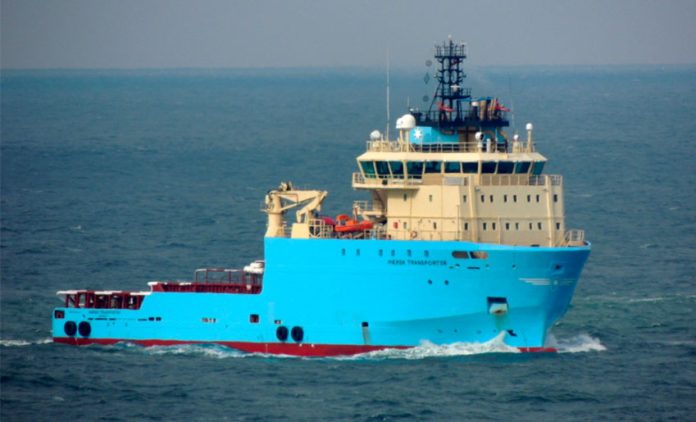“A significant underreporting of attacks in this area is suspected. These attacks have involved the discharge of firearms, crew injuries, the taking of hostages and robberies,” the report stated, urging vessels in the area to develop security protocols to prevent pirates from boarding.
MARAD says that a minimum of 20 fishing vessels and 35 oil platforms have been attacked since 2018 in the Bay of Campeche in the southern Gulf of Mexico with at least five attacks occurring in April.
An April 20 report from the U.S. Office of Naval Intelligence (ONI) details the latest reported attacks.
At around 9 a.m. on April 4, Remas, an Italian pipe-laying vessel near Dos Bocas, Tabasco, was approached by eight armed men in a fast boat, prompting the captain to sound the alarm and lock down the vessel. The men opened fire on the ship but the captain was able to use his thrusters to prevent the pirates from coming alongside and boarding.
On April 8, around 9:30 a.m., seven armed men in two boats pulled up on another pipe-laying vessel near Dos Bocas and three of the pirates were able to board but later fled.
The following day at 10:30 p.m. eight armed pirates wearing masks managed to once again board the Remas near Dos Bocas, the third pirate attack in five months on that vessel, taking crew members hostage and using them as human shields. The armed men looted the ship, stealing the crew’s personal belongings and navigation equipment. Several shots were fired but no injuries were reported.
On April 12, pirates attacked the Maersk Transporter, a Denmark-flagged supply vessel located north of Ciudad del Carmen, Campeche, and took several crew members hostage as they looted the ship. The hostages were released when the pirates left.
And on April 14 six pirates armed with automatic weapons and pistols boarded the barge Telford located north of Ciudad del Carmen and opened fire. One crew member was injured.
After a fourfold increase of reported acts of piracy in the Gulf in 2019, the Mexican navy established four monitoring zones which will be patrolled through 2024.
Last year, Mike Vigil, former chief of international operations for the United States Drug Enforcement Administration, called Gulf of Mexico piracy “the wave of the future.”
